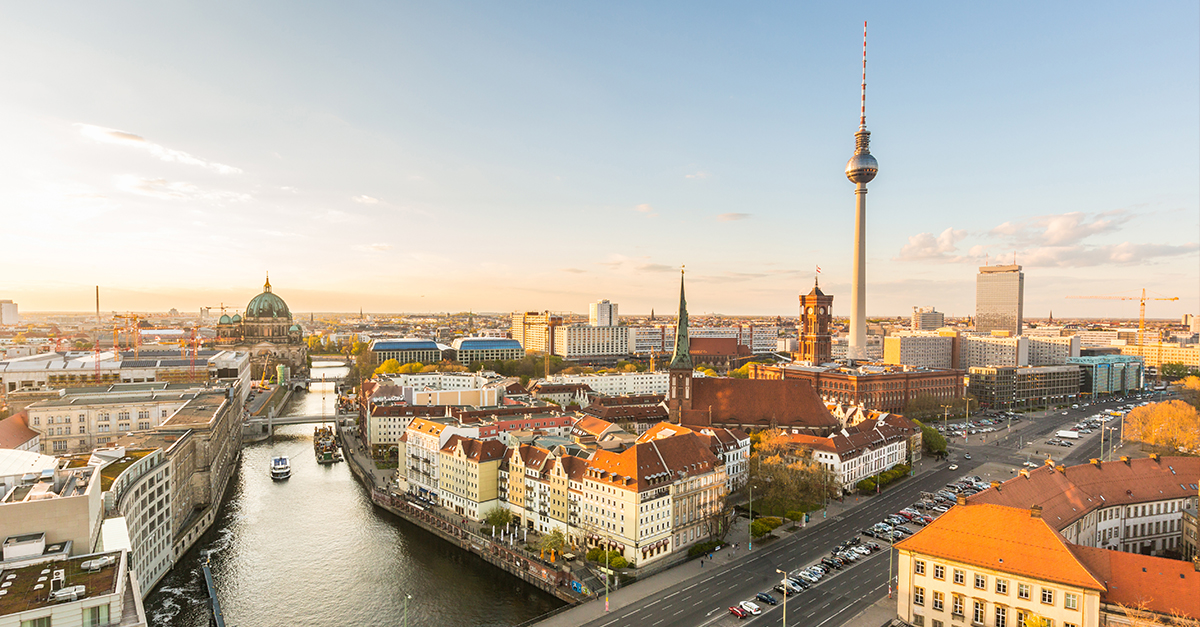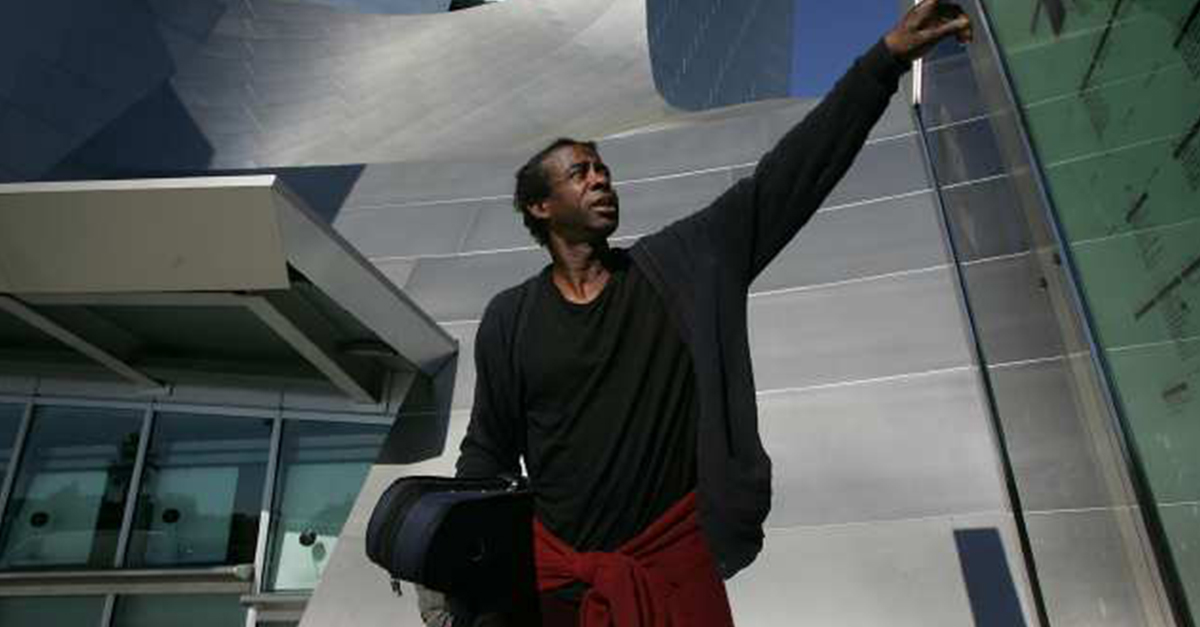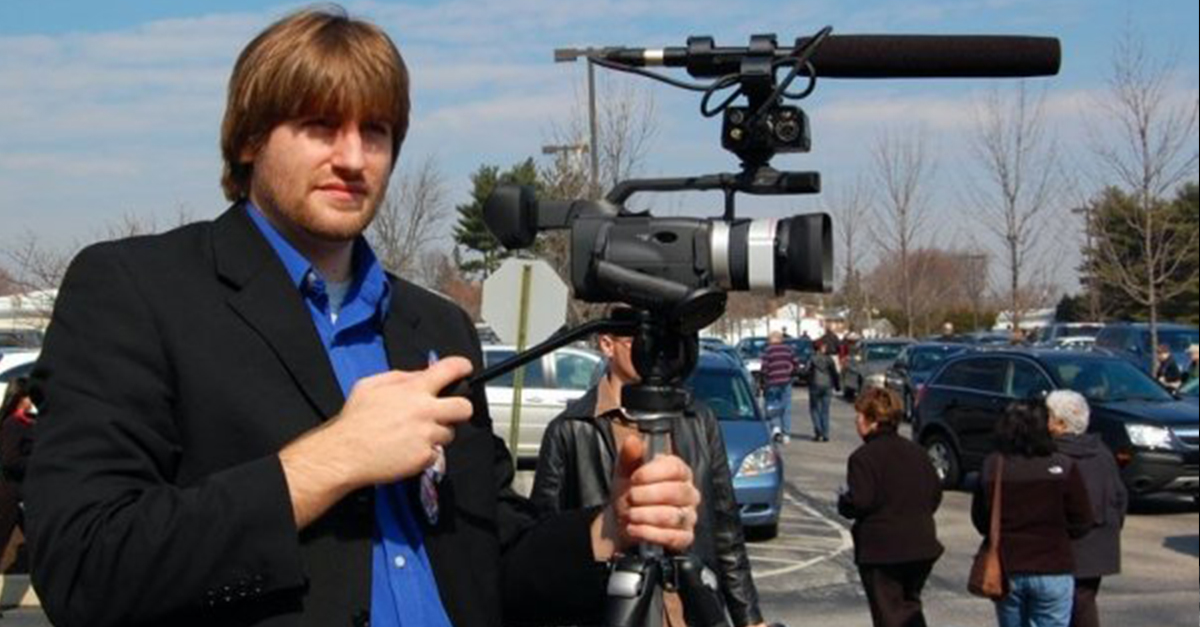
In the 1980s, my dad was one of the pioneers of homeschooling in America. In those early days, homeschooling was barely legal, or even illegal depending on where you lived and who was interpreting the law. My dad, Steve Demme, started lobbying in Georgia, connecting people and working to get the laws changed.
Now, 30 years later, I am following in his footsteps by engaging with our legislature in PA when they consider bills that impact a parents’ role in their children’s education. In 2012 I participated in the first International Congress on Home Education in Germany and was one of the signers of the Berlin Declaration calling for the recognition of the rights of parents to choose how and where their children are educated. Seeing my dad get actively involved in a cause he cared about taught me the value of jumping in and getting involved to try and correct injustices I see in the world.
While homeschooling may not be the first thing you think of when you think of social justice, it is one of its fundamental elements. In order for someone to have the ability to realize their potential in society, the prior right of their parents to choose the kind of education they receive is of the utmost importance. This is why this parental right is enshrined in Article 26 part 3 of the Universal Declaration of Human Rights. As research continues to show, the more parents exercise that right and actively engage in their children’s education, the more the children learn and get that ability to relieve their potential in society.
Social justice is relational and the primary center of relationship is the home. If parents want their children to care about the issues of the day and empathize with those who are suffering from injustices, they need to show their kids that these issues matter. Whether it’s having conversations during dinner about world events and the plight of the those in poverty or helping your kids write a letter to the editor of the local newspaper about a specific political or cultural issue that affects them directly, parents must be intentional about communicating the value of empathizing with others and working to help others whenever possible.
My dad didn’t just tell me that social justice is important; he worked hard to lobby for changes and, in the process, he showed me that social justice is important. Action is as important as dialogue; if your kids see you doing things like volunteering at a homeless shelter or attending a school board meeting or calling your state representative or sponsoring a child in a third world country, it will help cultivate in them a heart for others and a desire to do what they can to help others as well.
My dad didn’t change the whole world; he probably won’t go in the history books or be honored with a Nobel prize. Nevertheless, my dad is a hero because he worked and is working to help better the lives of the people he influences. Most of us won’t be considered ‘world-changers’ but if we help our kids learn the importance of social justice by making it an oft-discussed topic in the home and by doing our part to “be the change we wish to see in the world” (Gandhi), then slowly but surely we can help make this world a better place, one community at a time.
Part one of a four part series on social justice.
Part 1 – Righting an Injustice
Part 2 – Open Their Eyes
Part 3 – Volunteer, Give, Advocate
Part 4 – People, Policies, and Your Voice




Leave a Reply